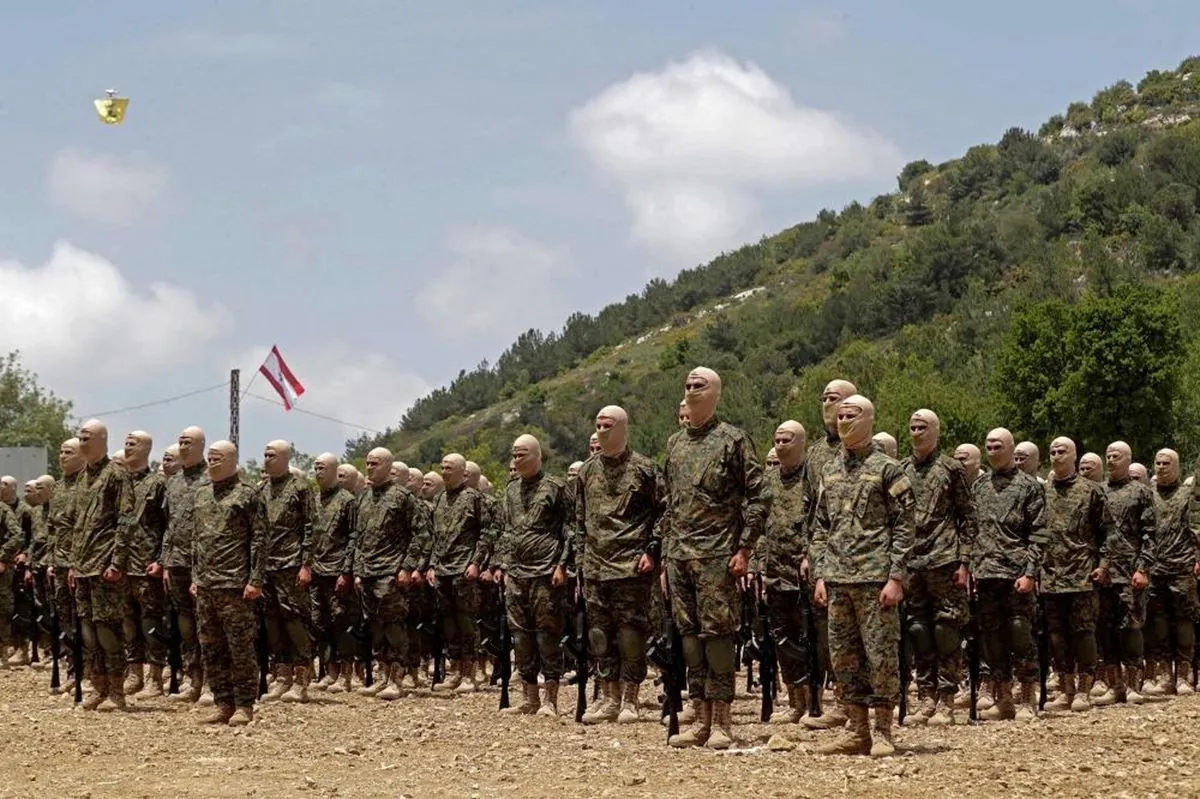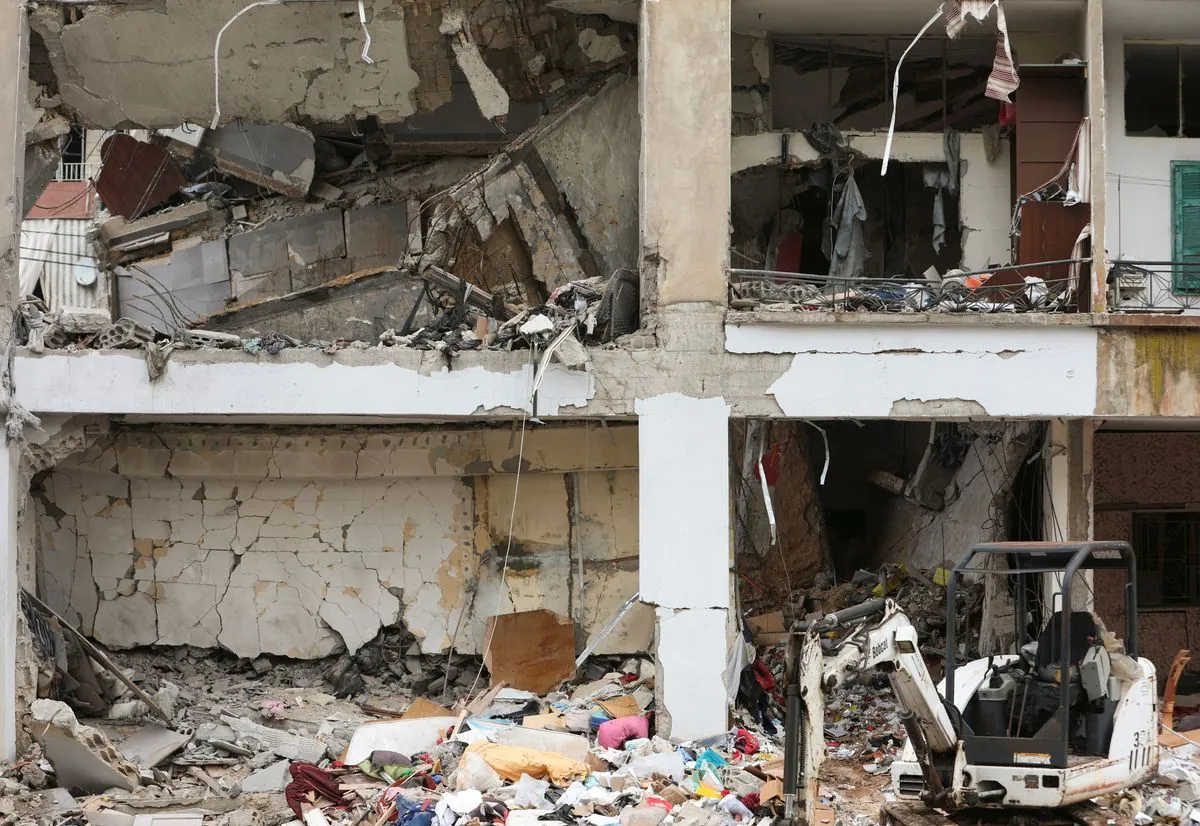Hezbollah's Resilience Amid Escalating Tensions with Israel
Hezbollah continues attacks on Israel despite losses, raising concerns of wider conflict. The group's strategy balances fighting with Lebanon's vulnerabilities, while civilians bear the brunt of the escalation.

In the ongoing conflict between Hezbollah and Israel, tensions continue to escalate despite significant losses on the Lebanese side. The militant group, founded in 1985 during the Lebanese Civil War, has maintained its attacks on northern Israel for nearly a year, demonstrating remarkable resilience in the face of Israeli strikes.
The recent killing of Ali Abdul Ali, a Hezbollah fighter, by an Israeli strike in southern Lebanon, has done little to deter the organization. Instead, it has seemingly strengthened resolve among its supporters, as evidenced by the crowded funeral procession in his hometown.
Hezbollah, which receives substantial support from Iran, has absorbed considerable losses since joining the conflict in October 2023. Despite the death of nearly 400 fighters and commanders, the group has only briefly paused its operations once in November 2023.
The United States, along with Qatar and Egypt, has been attempting to broker cease-fires in both Lebanon and Gaza. However, Hezbollah has stated it will only cease fire when a truce is reached in Gaza, complicating diplomatic efforts.
"We did not go to escalation, even when our dear leaders were killed. For 10 months, there's been a front, martyrs and funerals, and another part of Lebanon where it's concerts, and leisure, and lunches and dinners."
Nasrallah's speech, which seemed to prepare Lebanon for potential war, marks a shift in tone. The organization, which maintains a vast network of social services in Lebanon, has been trying to balance its military operations with the country's vulnerabilities.
The conflict has taken a heavy toll on civilians in southern Lebanon. Over 100,000 people have been displaced, and 114 civilians and noncombatants have lost their lives. The devastation extends miles from the frontier, affecting not only Lebanese residents but also Syrian refugees in the area.

Ibrahim Al Moussawi, a Lebanese parliament member representing Hezbollah, acknowledged the pressure on the movement due to the suffering in the south. He stated that the group was providing assistance to displaced people while trying to balance Lebanon's vulnerabilities with its decision to continue fighting.
The situation has sparked debate over Hezbollah's role in Lebanon's foreign policy decisions. Some, like independent lawmaker Ibrahim Mneimneh, argue that such weighty matters should be discussed in parliament or by the government, rather than decided unilaterally by one party.
As tensions continue to rise, the international community watches closely, hoping to prevent a wider regional conflict. The coming weeks will be crucial in determining whether diplomacy can prevail or if the situation will further escalate.


































